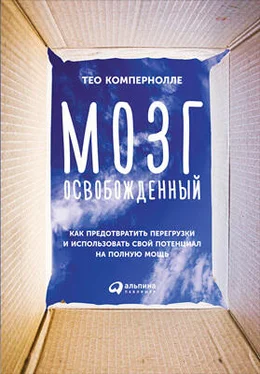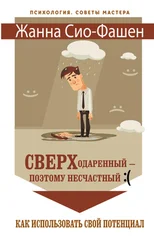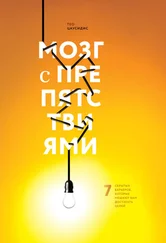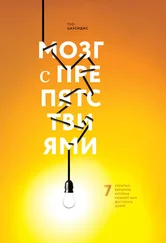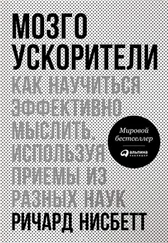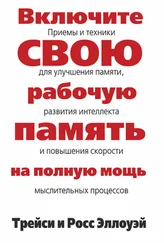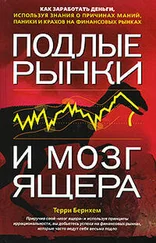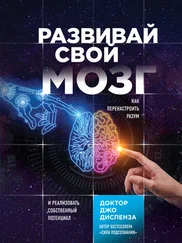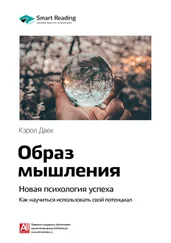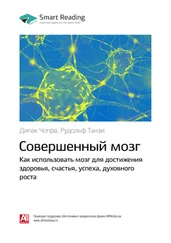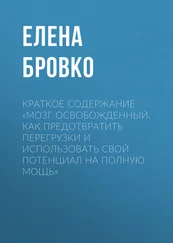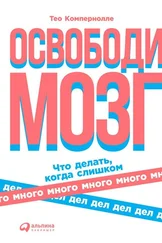Clarify Brain Affective Processing Without Necessarily Clarifying Emotions. Peter Walla and Jaak Panksepp. Novel Frontiers of Advanced Neuroimaging, 2013, Chapter 6.
http://cdn.intechopen.com/pdfs/41876/InTech-Neuroimaging_helps_to_clarify_brain_affective_processing_without_necessarily_clarifying_emotions.pdf
On the Causal Role of Appraisal in Emotion. Agnes Moors. Emotion Review, April 2013 vol. 5, no. 2, 132–140 +++.
Appraisal Theories of Emotion: State of the Art and Future Development. Agnes Moors, Phoebe C. Ellsworth, Klaus R. Scherer and Nico H. Frijda. 2013 5: 119.
Emotion Review Neuroscience of affect: brain mechanisms of pleasure and displeasure, Kent C. Berridge, Morten L. Kringelbach, Current Opinion in Neurobiology, Volume 23, Issue 3, June 2013, 294–303.
Control of goal-directed and stimulus-driven attention in the brain. Corbetta, M., & Shulman, G. L. (2002). Nature Reviews Neuroscience, 3, 201–215.
Anxiety and Cognitive Performance: Attentional Control Theory, Michael W. Eysenck et al., 7 Emotion 336, 338 (2007).
Anxiety, processing efficiency, and cognitive performance.Derakshan, Nazanin, and Michael W. Eysenck. European Psychologist 14.2 (2009), 168–176.
Anxiety and Performance: The Disparate Roles of Prefrontal Subregions Under Maintained Psychological Stress. Takizawa, Ryu, et al. Cerebral Cortex (2013).
Portrait of the angry decision maker: how appraisal tendencies shape anger’s influence on cognition. Jennifer S. Lerner1, Larissa Z. Tiedens. Journal of Behavioral Decision Making. Special Issue: The Role of Affect in Decision Making. Volume 19, Issue 2, April 2007, 115–137.
The Mirror Mechanism as Neurophysiological Basis for Action and Intention Understanding. Leonardo Fogassi, Giacomo Rizzolatti. in: Is Science Compatible with Free Will? Suarez, Antoine; Adams, Peter (Eds.) 2013, 117–134. January 2007.
‘Like me’: a foundation for social cognition. Andrew N. Meltzoff. Developmental Science. Volume 10, Issue 1, January 2007, 126–134.
Foundations for a New Science of Learning. Andrew N. Meltzoff, Patricia K. Kuhl, Javier Movellan Terrence J. Sejnowski. Science, 17 July 2009: Vol. 325, no. 5938, 284–288.
Observing complex action sequences: The role of the fronto-parietal mirror neuron system, Istvan Molnar-Szakacs, Jonas Kaplan, Patricia M. Greenfield, Marco Iacoboni, NeuroImage, Volume 33, Issue 3, 15 November 2006, 923–935.
Neural Substrates of Social Emotion Regulation: A fMRI Study on Imitation and Expressive Suppression to Dynamic Facial Signals. Pascal Vrticka, Samanta Simioni, Eleonora Fornari, Myriam Schluep, Patrik Vuilleumier, and David Sander. Front Psychol. 2013; 4: 95. http://www.ncbi.nlm.nih.gov/pmc/articles/PM C3582997/
Getting a grip on other minds: Mirror neurons, intention understanding, and cognitive еmpathy. Jonas T. Kaplan. Social Neuroscience. Volume 1, Issue 3–4, 2006.
The Mirror Mechanism as Neurophysiological Basis for Action and Intention Understanding. Leonardo Fogassi, Giacomo Rizzolatti in: Is Science Compatible with Free Will? Suarez, Antoine; Adams, Peter (Eds.) 2013, 117–134.
Mirror Neurons, Evolution, and Eco-Empathy. Gary Olson. SpringerBriefs in Political Science Volume 10, 2013, pp. 21–30.
How from action-mirroring to intentionascription? Pierre Jacob. Consciousness and Cognition. http://www.sciencedirect.com/science/article/pii/S1053810013000287
Unconscious cerebral initiative and the role of conscious will in voluntary action. Libet, B. (1985). Behavioral and Brain Sciences. 8, 529–539.
On Habit Learning in Neuroscience and Free Will. Javier Bernácer, José Manuel Giménez-Amaya. Chapter 12 in: Is Science Compatible with Free Will? 2013, pp. 177–193.
Does the brain “initiate” freely willed processes? A philosophy of science critique of Libet-type experiments and their interpretation. Hans Radder & Gerben Meynen. Theory Psychology, February 2013 vol. 23, no. 1, pp. 3–21.
Много позднее это было все еще принято в некоторых культурах. См. книгу Чарльза Истмена «Мое индейское детство» (М.: Восход, 2013), (“Indian Boyhood” by Charles Eastman).
The World Is Flat: A Brief History of the Twenty-First Century. Thomas Friedman; Farrar, Straus and Giroux, 2005.
Цитата взята из совместного интервью Стива Джобса и членов команды по разработке компьютера Macintosh “The making of Macintosh” ( Byte , February 1984, pp. 60). Оригинальное интервью доступно на сайте: http://blog.modernmechanix.com/2008/06/09/the-making-of-macintosh-an-interview-withthe-macintosh-design-team/.
A comparison of the influence of electronic books and paper books on reading comprehension, eye fatigue, and perception,Hanho Jeong, (2012) “Electronic Library, Vol. 30 Iss: 3, pp. 390–408. Reading from an LCD monitor versus paper: Teenagersom an LCD monitor versusnic books and paper booComputers in Human Behavior. Volume 28, Issue 5, September 2012, pp. 1816–1828. http://consortiacademia.org/index.php/ijrset/article/view/170
Taking readingcomprehension exams on screen or on paper? A metacognitive analysis of learning texts under time pressure. Rakefet Ackerman, Tirza Lauterman. Computers in Human Behavior. Volume 28, Issue 5, September 2012, pp. 1816–1828.
Usability evaluation of E-books. Yen-Yu Kanga,Mao-Jiun J. Wangb,Rungtai Linc Displays. Volume 30, Issue 2, April 2009, pp. 49–52. Comprehension and workload differences for VDT and paperbased reading. Daniel K. Mayes,Valerie K. Sims, Jefferson M. Koonce. International Journal of Industrial Ergonomics. Volume 28, Issue 6, December 2001, pp. 367–378.
http://www.nea.gov/research/ToRead.pdf
Technology and adolescents: Perspectives on the things to come. Raul L. Katz, Max Felix, Madlen Gubernick. Education and Information Technologies. May 2013. http://link.springer.com/article/10.1007/s10639-013-9258-8#page-2
Generation M2: Media in the Lives of 8 to 18-Year-Olds. Rideout, Victoria J.; Foehr, Ulla G.; Roberts, Donald F. Henry J. Kaiser Family Foundation. 2010. http://www.eric.ed.gov/PDFS/ED527859.pdf
Reading Literary Fiction Improves Theory of Mind. David Comer Kidd and Emanuele Castano. Science. 373 (2013).
http://www.ted.com/talks/richard_branson_s_life_at_30_000_feet.html
На французском языке это звучит так: Au choc des idées jaillit la lumière.
http://www.philosophie-management.com/docs/Arts_of_the_wise_leader_-_Ledoux__Strom_-_SPES_Forum_-2010_04_23.pdf
Who Multi-Tasks and Why? Multi-Tasking Ability, Perceived Multi-Tasking Ability, Impulsivity, and Sensation Seeking. Sanbonmatsu D.M., Strayer D.L., Medeiros-Ward N., Watson J.M. (2013), PLoS ONE 8(1): e54402.
Nathan Zeldes, IT Principal Engineer, in a study of 2,300 employees at Intel.
Victor M. González and Gloria Mark Timespace in the workplace: Dealing with interruptions. Proceedings of CHI 95, ACM Press (1995), 262–263.
Читать дальше
Конец ознакомительного отрывка
Купить книгу
